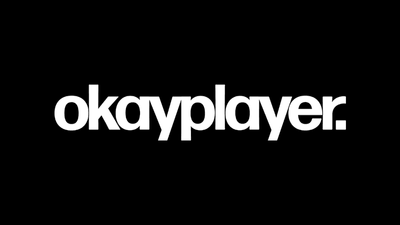BlockTix Aims to Make Tickets More Secure and Fair for Fans Using Blockchain Tech

Bots.
They buy up concert tickets, special sneaker releases, and limited edition prints from street artists within seconds of a launch. Almost instantly, these tickets and goods appear on resale sites with markups ranging from 100% to 1,000%. While music has never been more accessible, scammers and counterfeit ticket sales have never been more prevalent and expensive secondary markets for concert tickets have made seeing your favorite artists less attainable. Rob Schins is aiming to change that with his company, Blocktix.
Blocktix is a new platform that looks to solve these problems by utilizing Bitcoin’s Blockchain technology. Blockchain technology is essentially a database that is distributed. Distributed means that the blocks which make up the database are able to remain in sequential order, while not having to all reside (physically) in the same place. Blockchain's defining feature is it's ability to always validate itself without exception. In other words, once information is recorded to a block within the chain, it can not be altered without altering all the blocks that come after it. The end result is what is referred to as "an open, distributed ledger" which can keep records between parties that can permanently be verified. If all of this sounds confusing, you are not alone. If your curiosity has been piqued, there are many videos on Youtube as well as countless articles around the Web where you can learn more.
I sat down with Rob Schins, CEO of Blocktix, to learn more about his developments.

Rob is an avid concert goer and bitcoin enthusiast. His passion for music festivals began at age 16, and the idea to start the company sparked when a friend of his—an event organizer—asked if blockchain could solve some of the ticketing problems that plague modern concert-goers.
"Ticketing is an ever growing industry in dire need of disruption. The market is very fragmented and suffers from constant, systematic challenges like fraud prevention, transferring ownership of tickets, and the high costs that intermediaries charge. Decentralizing the ticketing industry is a prime example of a use-case for blockchain technology,” Schins explained.
Using this technology, Blocktix plans to create multi-use smart passes, allowing concertgoers to add shuttle services, drink tokens, and purchase merchandise before even setting foot in the venue.
Blocktix will develop a platform/app for event attendees and organizers—although it is meant to benefit both parties, the consumer comes first. “I myself have been annoyed many times by fees upwards of 20% of the original ticket price,” says Schins, “and if tickets for a popular event are sold out you have to be very careful not to get scammed; ticket fraud is a big problem, not only for the fans but also for the organizers.”
And what about those pesky scalpers? “Popular concerts and festivals get bought up by scalpers and put on the secondary market for upwards of double the original ticket price. Blocktix also wants to solve this issue by providing a p2p marketplace where the fair re-distribution of tickets is possible.”
Blocktix plans to launch it's initial release in Q4 of 2017, however, Schins is already feeling optimistic about the future. “ In three to five years I personally would like Blocktix to have established itself as a trusted name within the ticketing industry. The market for events, concerts, and festivals is huge.”
With this kind of potential, it’s easy to see where his optimism is coming from. Blocktix could be a win-win for everyone who loves music. Game over for the bots.
For more info, check out their official website at BlockTix.io and read the white paper.

